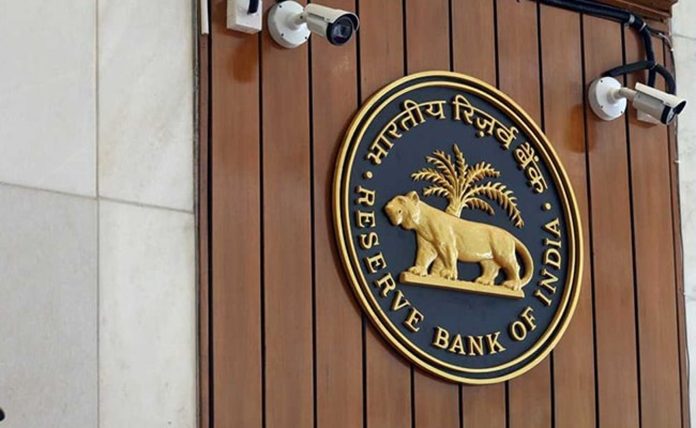MUMBAI, Apr 29: Concerned over some banks and lenders resorting to unfair practices in charging of interest, the Reserve Bank of India (RBI) on Monday directed them to take corrective action and refund excess charges to customers.
The guidelines on Fair Practices Code issued to various regulated entities (REs) since 2003, inter-alia, advocate fairness and transparency in charging of interest by the lenders, while providing adequate freedom to them as regards loan pricing policy.
“During the course of the onsite examination of REs for the period ended March 31, 2023, the Reserve Bank came across instances of lenders resorting to certain unfair practices in charging of interest,” the RBI said in a circular.
The central bank has also highlighted certain unfair practices being followed by certain lenders.
“…in the interest of fairness and transparency, all REs are directed to review their practices regarding mode of disbursal of loans, application of interest and other charges and take corrective action, including system level changes, as may be necessary, to address,” the issues concerning charging of interest, the circular said.
During onsite examinations of REs, the RBI said it observed charging of interest from the date of sanction of loan or date of execution of loan agreement and not from the date of actual disbursement of funds to the customer.
It also came across instances where interest was charged from the date of the cheque whereas it was handed over to the customer several days later.
In the case of disbursal or repayment of loans during the course of the month, some REs were charging interest for the entire month, rather than only for the period for which the loan was outstanding, the RBI said.
In some cases, it was observed that REs were collecting one or more instalments in advance but reckoning the full loan amount for charging interest.
The RBI further said unfair practices and other such non-standard practices of charging interest are not in consonance with the spirit of fairness and transparency while dealing with customers.
“These are matters of serious concern to the Reserve Bank. Wherever such practices have come to light, RBI through its supervisory teams has advised REs to refund such excess interest and other charges to customers,” the circular said.
REs are also being encouraged to use online account transfers in lieu of cheques being issued in a few cases for loan disbursal, it added.
The circular takes immediate effect, the central bank added.
RBI issues draft framework for electronic trading platforms
The Reserve Bank of India on Monday proposed a revised regulatory framework for Electronic Trading Platforms (ETPs) in the wake of increased integration of the onshore forex market with offshore markets.
Market makers too have been requesting the Reserve Bank to allow access to offshore ETPs offering Indian Rupee (INR) products.
ETP refers to any electronic system, other than a recognised stock exchange, on which transactions in eligible instruments are contracted. Eligible instruments mean securities, money market instruments, foreign exchange instruments, derivatives, or other instruments of like nature.
The ‘Draft Master Direction – Reserve Bank of India (Electronic Trading Platforms) Directions, 2024’ said that an entity seeking authorisation as an ETP operator should maintain a minimum net-worth of Rs 5 crore and continue to maintain the minimum net-worth prescribed all times.
Also, the entity should be a company incorporated in India. Further, shareholding by non-residents, if any, in the entity seeking authorisation as an ETP operator should conform to all applicable laws and regulations, including the Foreign Exchange Management Act, 1999.
The entity will also have to maintain robust technology infrastructure with a high degree of reliability, availability, scalability and security in respect of its systems, data and network, appropriate to support its operations and manage the associated risks, the draft said.
In October 2018, the Reserve Bank had put in place a regulatory framework for ETPs for executing transactions in financial instruments regulated by it.
Under the framework, which aimed to ensure fair access through transparent, safe, and efficient trading processes, robust trading infrastructures and prevent market abuse, 13 ETPs operated by 5 operators have since been authorised.
In February, the RBI said that over the last few years, there has been an increased integration of the onshore forex market with offshore markets, notable developments in the technology landscape and an increase in product diversity.
In respect of eligible instruments, the draft said ETP operators authorised by/registered with the RBI should ensure that transactions only in instruments approved by the central bank are contracted on their platform.
No entity, resident or non-resident, can operate an ETP without obtaining prior authorisation of, or having registered with, the Reserve Bank, it added.
The RBI has invited comments on the draft directions from ETP operators, banks, market participants and other interested parties by May 31, 2024. (PTI)


